Inventory write-offs can have a significant impact on a company’s financial statements and bottom line. These write-offs occur when a company has excess or obsolete inventory that cannot be sold and must be written off as a loss. This not only results in a decrease in profits but also ties up valuable capital that could be put to better use.
One of the biggest reasons inventory write-offs hurt a company’s bottom line is that they represent a loss of revenue. When a company has excess or obsolete inventory, they have invested in stock that they cannot sell, resulting in a decrease in profits.

Additionally, the cost of holding this inventory can also be significant, as it ties up valuable capital that could be put to better use, such as investing in growth initiatives or reducing debt.
Another factor to consider is the impact inventory write-offs can have on a company’s reputation. Companies that regularly have excess or obsolete inventory may be seen as poorly managed, which can hurt their reputation and negatively impact their brand. This can also lead to decreased customer confidence and a decrease in sales.
Preventing Inventory Write-offs
To prevent inventory write-offs and protect their bottom line, companies need to implement effective inventory management practices.
This includes using data to guide inventory management decisions, such as analyzing sales trends, monitoring inventory turnover and obsolescence, using demand forecasting to set safety stock levels, and regularly reviewing and adjusting stocking strategies.
Data will help businesses reduce the risk of overstocking and minimize the need for write-offs if used properly. Additionally, data can also help businesses identify potential areas of improvement in their inventory management practices to further reduce the risk of write-offs.
A 2022 study by RTInsights found that 75% of executives don’t trust their data.
We put together a quick video on how to get started building a solid data foundation.
To prevent write-offs, companies need to implement effective inventory management practices and use data to guide their decisions. By taking these steps, companies can reduce the risk of overstocking, minimize the need for write-offs, and protect their bottom line.
Reducing inventory write-offs with data can have significant benefits on supply chain efficiency, ESG reporting, and your bottom line.
See how The Owl has been able to help customers such as Canada Goose, Jamieson Wellness, Pradco Outdoor Brands and many more improve their data strategy in the link below.
